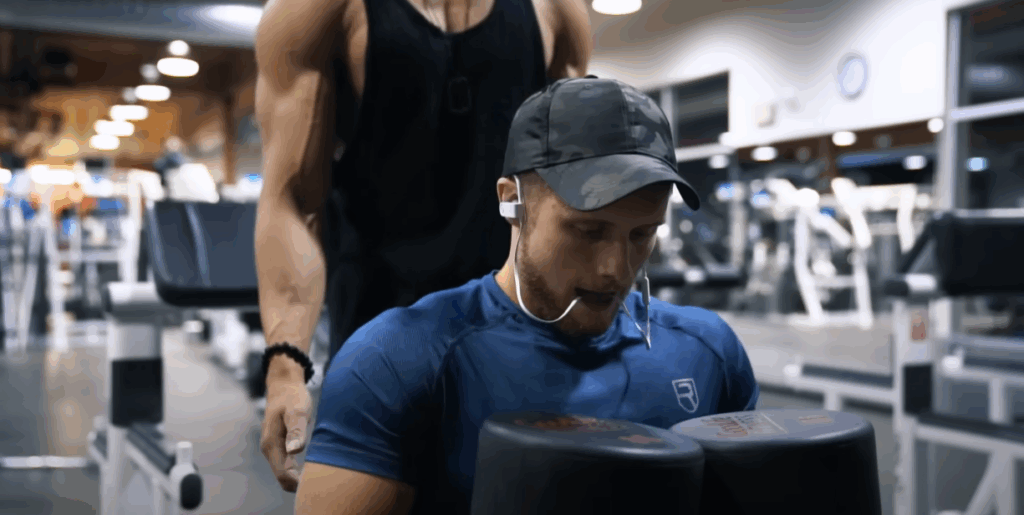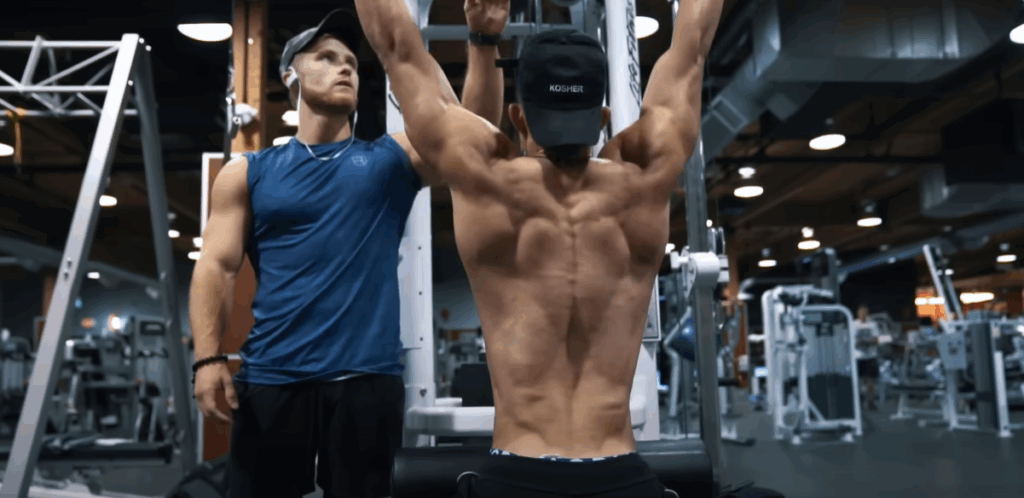In today’s fast-paced, hyper-connected world, personal transformation is rarely confined to the gym. True fitness reaches beyond the weights and reps—it’s often rooted in our environment, mindset, and even the global events that shape our worldview. From the chaotic streets of post-pandemic cities to the serene flow of ocean currents, our path to a better physique and stronger mind is influenced by more than just a training split or macro count.
The Global Influence on Personal Wellness
It’s no longer surprising that many fitness enthusiasts draw inspiration from international experiences. Whether it’s the discipline of Eastern martial arts, the Mediterranean diet’s emphasis on balance and quality ingredients, or the resilience learned in crisis zones, cultural exposure helps deepen our understanding of health.

Take, for example, an individual who’s traveled through post-crisis regions in Europe or Asia. Witnessing how locals maintain physical activity despite limited resources can be humbling. They may not have the latest squat rack or gym shoes, but they embody daily discipline—walking miles, working manually, and nourishing themselves with locally grown food.
Fitness, in this context, becomes less about aesthetics and more about survival, movement, and dignity. These values, when adopted, can lead to a sustainable, purpose-driven training approach back home.
From 60 kg to Strength: The Mental Battle of Transformation
Many lifters begin their journey at a point of physical or emotional vulnerability. Perhaps they’re underweight, frail, or mentally drained from external stress. A 60 kg starting point—often symbolic of someone seeking both mass and confidence—marks the beginning of a metamorphosis.
Building muscle from a low body weight requires more than protein shakes and progressive overload. It demands consistency in the face of doubt, intelligent programming to avoid burnout, and a willingness to listen to your body. Equally crucial is learning how to cope with the inevitable mental noise: the voice that questions your pace, mocks your progress, or dredges up past failures.
That’s where environmental context becomes so powerful. For some, the echo of a war documentary or a memory of political unrest serves as a reminder that discipline can grow in chaos. The strength to transform comes not from comfort, but from the decision to rise despite fear.
Training Through the Storm: When the World Feels Heavy
Many athletes find themselves distracted by global turbulence—conflict, climate anxiety, or societal unrest. It’s easy to feel like training is selfish or trivial in the face of serious world problems. But fitness, in many ways, is a form of peacekeeping. It’s reclaiming control when the world seems out of hand.
A workout becomes a refuge. Your 10-rep set isn’t just building your quads—it’s anchoring your mind. Every sweat-drenched hoodie and every hard-earned pump becomes a quiet protest against despair. You are creating order, setting goals, and proving to yourself that change is possible.
If the big cities are loud and draining, turn to minimalist setups. Resistance bands, park pull-up bars, bodyweight circuits—these are enough to maintain both physical and mental edge. You don’t need Italy’s top-tier sports facilities to chase progress. You need commitment and patience.

Nutrition as Culture, Not Just Calories
Another overlooked aspect of global fitness inspiration is food. Forget sterile chicken-and-broccoli meal preps. True nutrition lies in connecting with food—preparing it, savoring it, and honoring its origin. In countries like Italy or Vietnam, meals aren’t just fuel—they’re rituals.
Even bodybuilders can take something from this. Instead of choking down tasteless tuna for protein, learn how to season and sear with intention. Use olive oil and fresh herbs. Balance macros with variety. You can hit your targets without losing the soul of eating. Cooking becomes part of the discipline—just like stretching or logging your lifts.
The Flow State: Finding Peace in Physical Expression
Many seasoned lifters describe a trance-like state during intense sessions. The mind quiets. The body leads. It feels like the flow of water or the rhythm of music. This “flow state” isn’t just performance psychology—it’s therapy.
If you’ve ever jogged along a coast and synced your breathing with the tide, you understand this. The gasping, the pounding heart, the ocean breeze—they’re all part of your healing. Your workouts don’t need to be loud or aggressive. Sometimes, a solo hike, a bodyweight flow under the sunset, or a shadowboxing session in silence is all you need.
This kind of training is deeply restorative. It clears fear, rebuilds confidence, and helps process emotions that feel too big for words.

Conclusion: Strength Has Many Shapes
Building muscle is powerful—but building resilience is priceless. Whether your journey begins at 60 kg or 160, whether you’re lifting in a state-of-the-art gym or sprinting through a foggy street at dawn, the goal remains the same: growth.
Let your environment challenge you. Let your emotions fuel your sets. Let global perspectives remind you how lucky you are to move, to breathe, to rebuild.
You’re not just chasing hypertrophy—you’re creating a version of yourself that stands firm, even when the world shakes.
SEO Keywords (suggested): global fitness journey, muscle transformation from 60 kg, mental health and bodybuilding, minimalist training, Mediterranean diet fitness, emotional strength training, fitness motivation in crisis, resilience workout plan, body and mind discipline, full-body flow workouts
Would you like this rewritten in a specific tone (e.g., more scientific, motivational, or casual)? Or formatted for a certain fitness brand or website theme?



